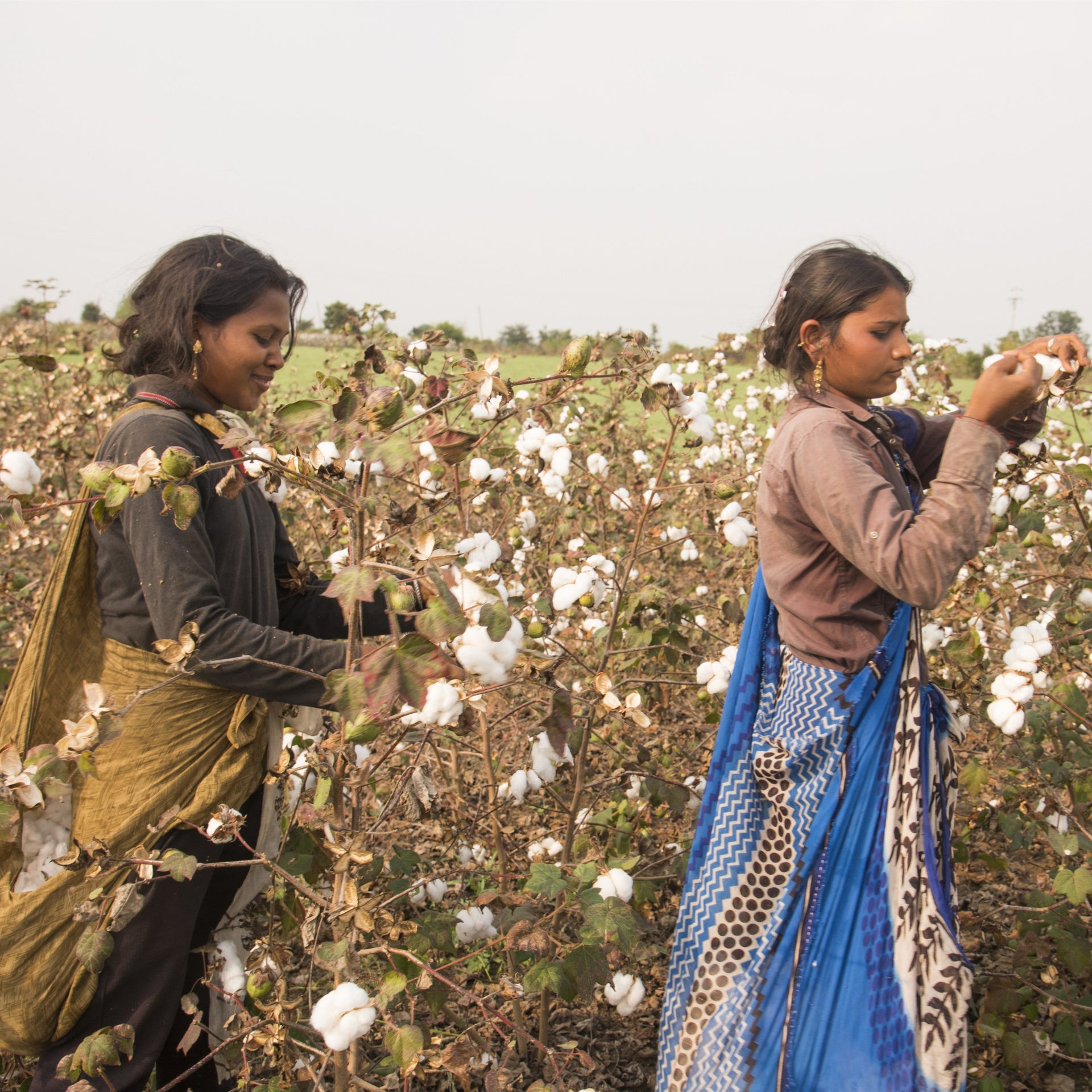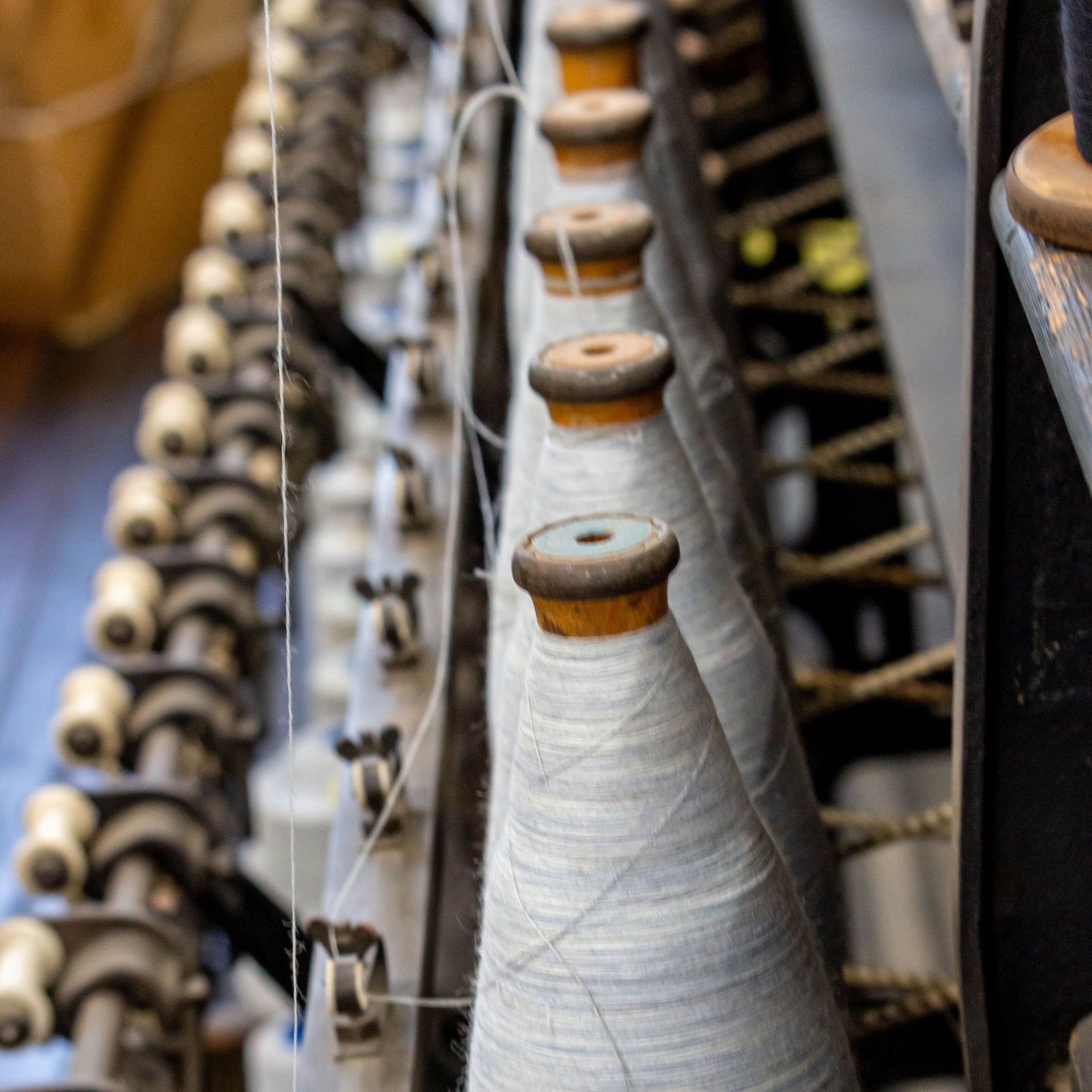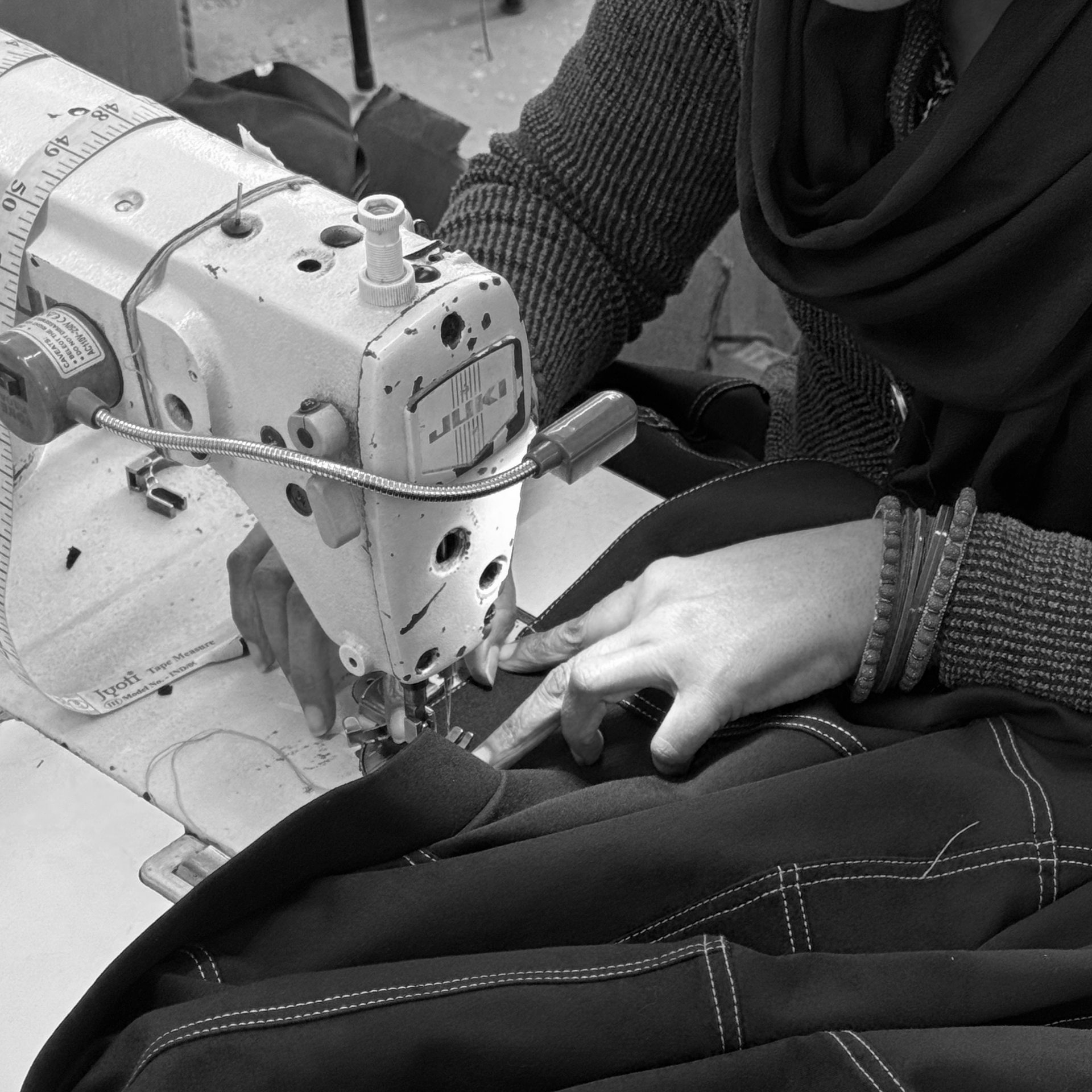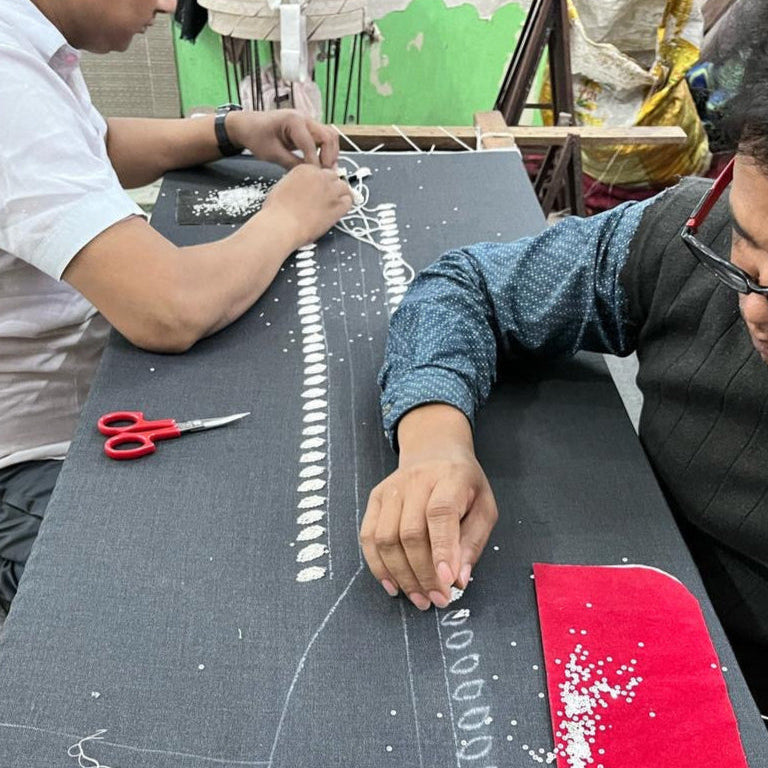Fundamental Transparency
Garment Provenance Journey
Materials we use
Within the fashion industry, the choice of materials is the number one impact driver accounting for about 70% of overall environmental footprint. Because of this, we have spent the last two years finding ways to establish a responsible supply chain.
- Natural Fibers
- Cellulosic Fibers
- Recycled Fabrics
- Deadstock & Vintage Textiles
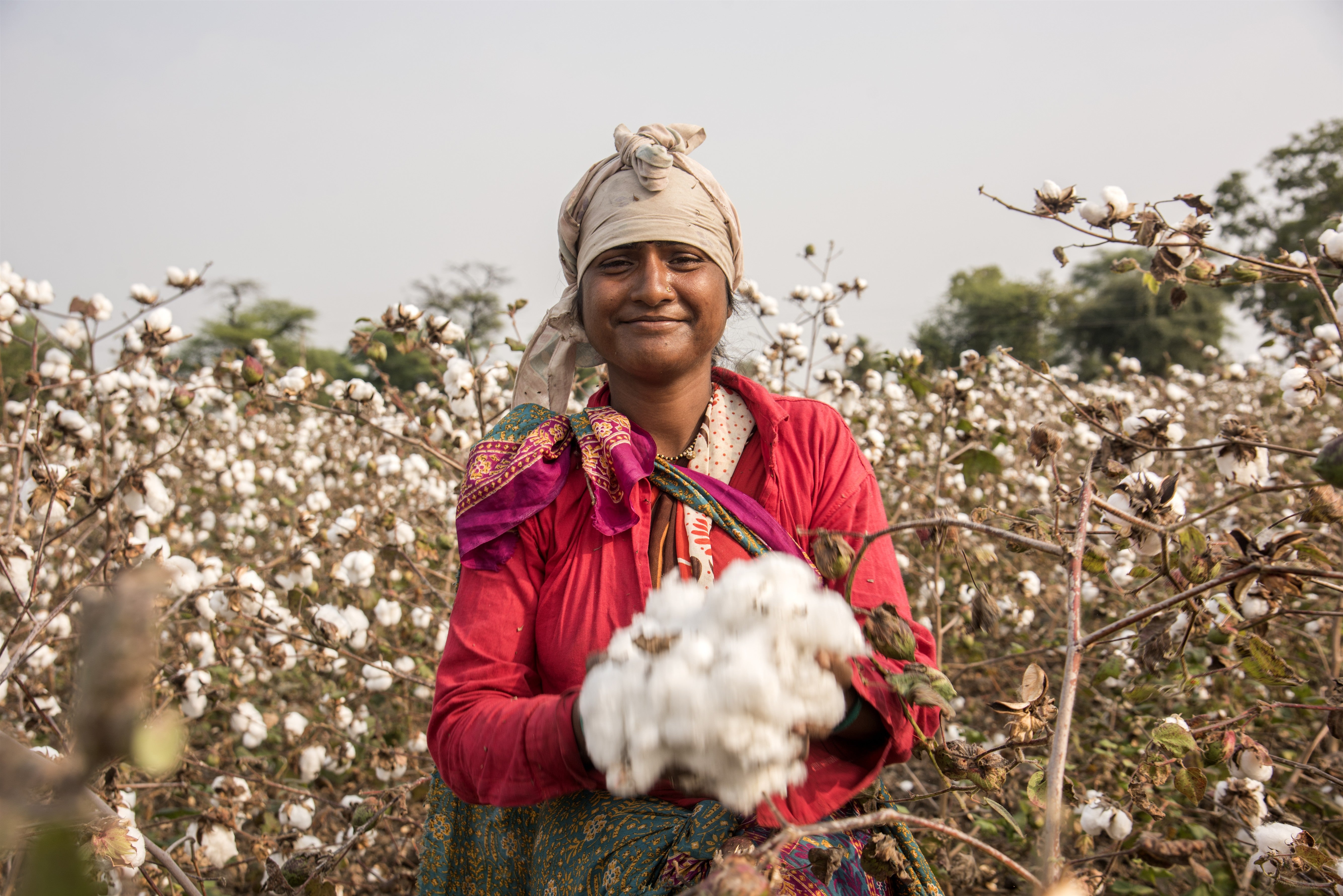
Natural Fibers
Natural fibers such as organic cotton, organic wool, and peace silk are renewable, biodegradable, promote ethical farming practices, and minimize the use of chemicals.
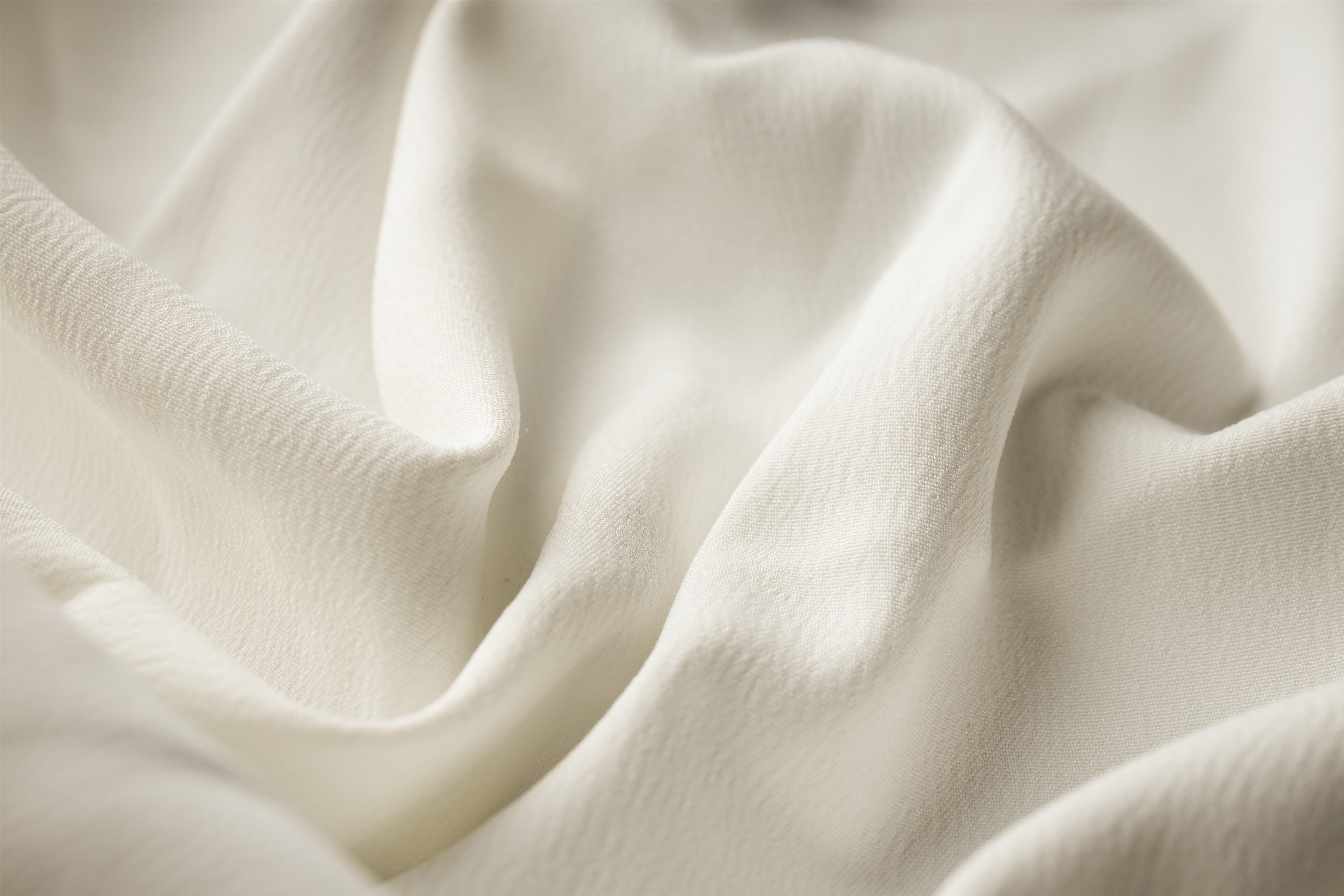
Cellulosic Fibers
Cellulosic fibers such as Lyocell, banana, and lotus fabric are derived from renewable plant sources.
Lyocell is made from sustainably sourced wood via a closed-loop process that recycles over 99% of water and solvents.
Banana and lotus fibers are extracted from agricultural byproducts - stems usually discarded or burned - helping reduce crop-burning pollution and providing additional income sources for farmers.
Processed through low-impact, often manual methods, these biodegradable fibers offer superior breathability and softness with a much lower environmental footprint than conventional fabrics.
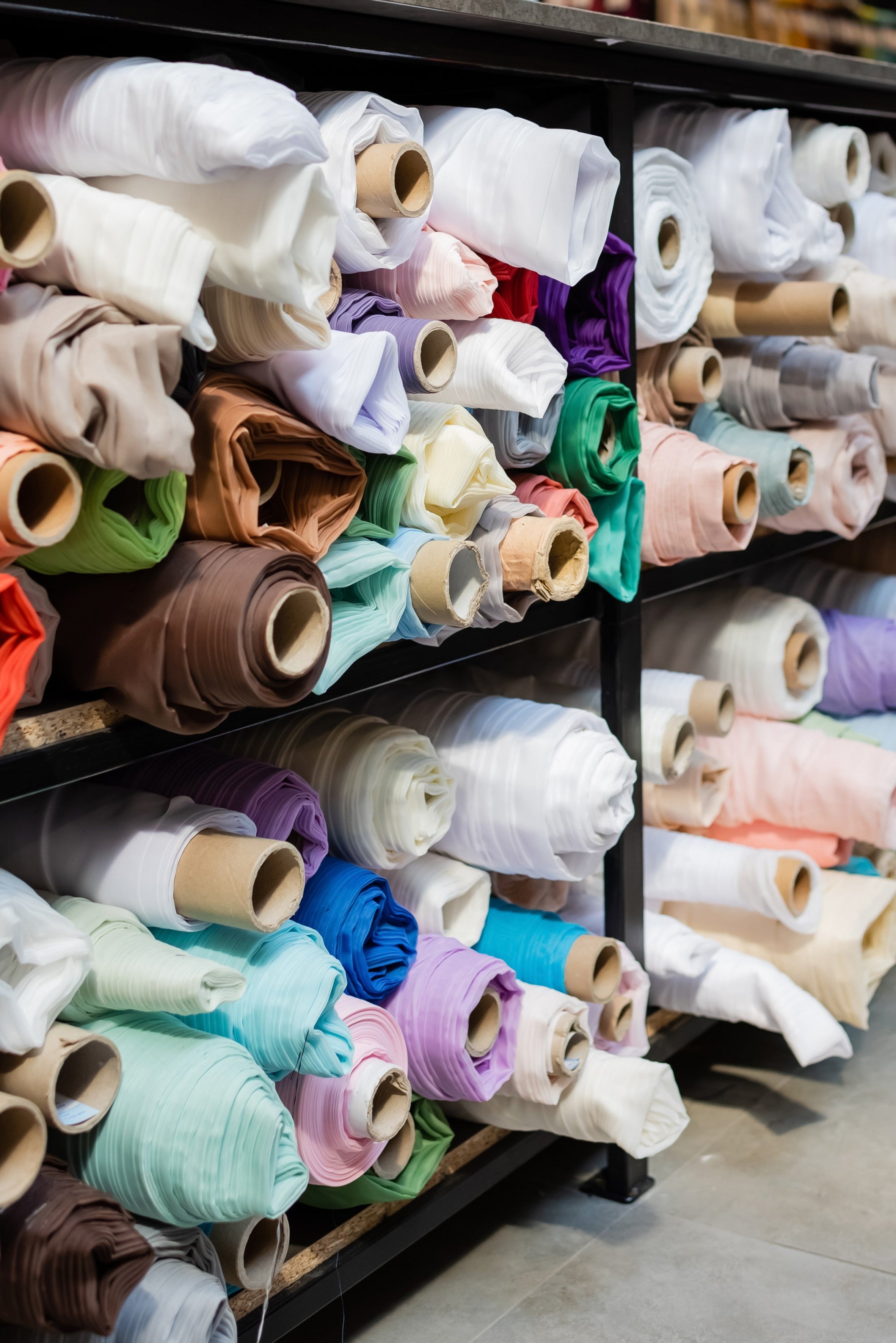
Recycled Fabrics
We use recycled fabrics, such as recycled polyester, in our linings and trims. Recycled fabrics help reduce textile waste by diverting post-consumer plastic from landfills.
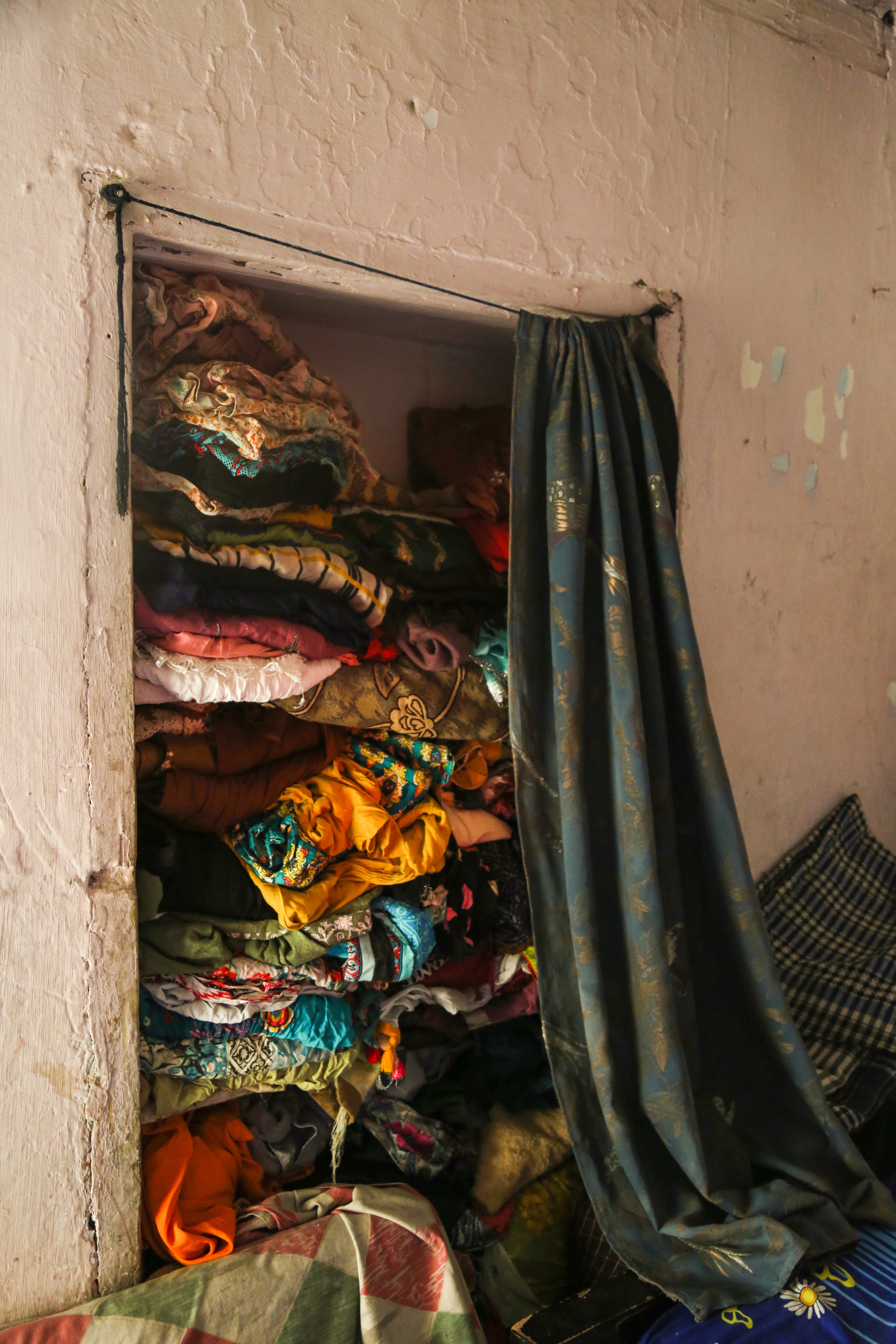
Deadstock & Vintage Textiles
Use of deadstock and vintage textiles breathes new life into surplus fabrics, making each piece unique, promoting circularity, and minimizing landfill waste.
Materials We Leave Behind
Our commitment to ethical choices means we consciously avoid materials that do not align with our values.
- Leather & Fur
- Virgin Polyester & Nylon
- Poly-Cotton Blends
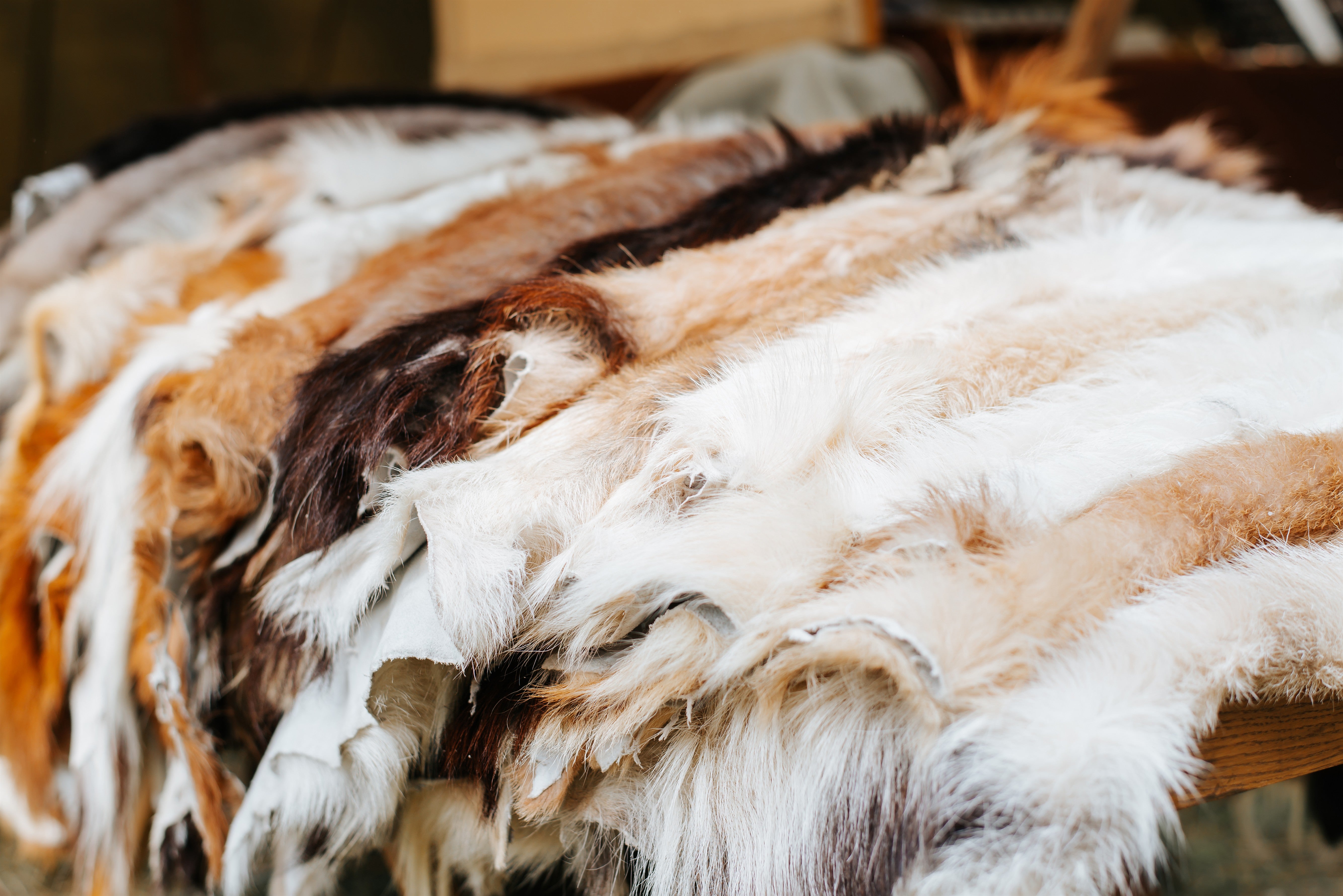
Leather & Fur
There is nothing ethical about clothing made from animals’ skin. In addition to causing the suffering of millions of animals each year, the production of leather, and fur contributes to climate change, land devastation, pollution, and water contamination.
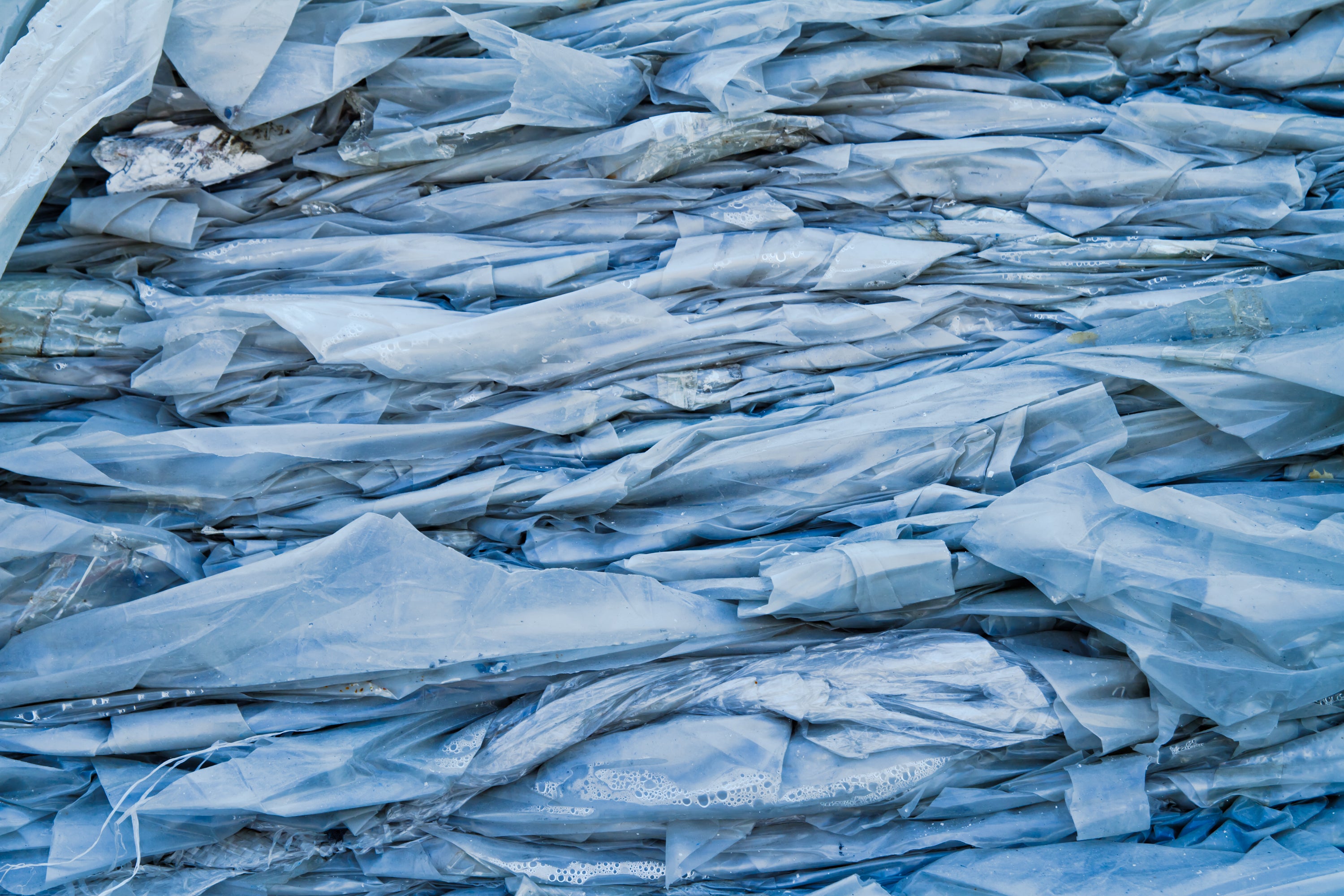
Virgin Polyester & Nylon
We avoid Virgin Polyester and Nylon due to their reliance on non-renewable resources, their energy-intensive production process, and their non-biodegradable nature.
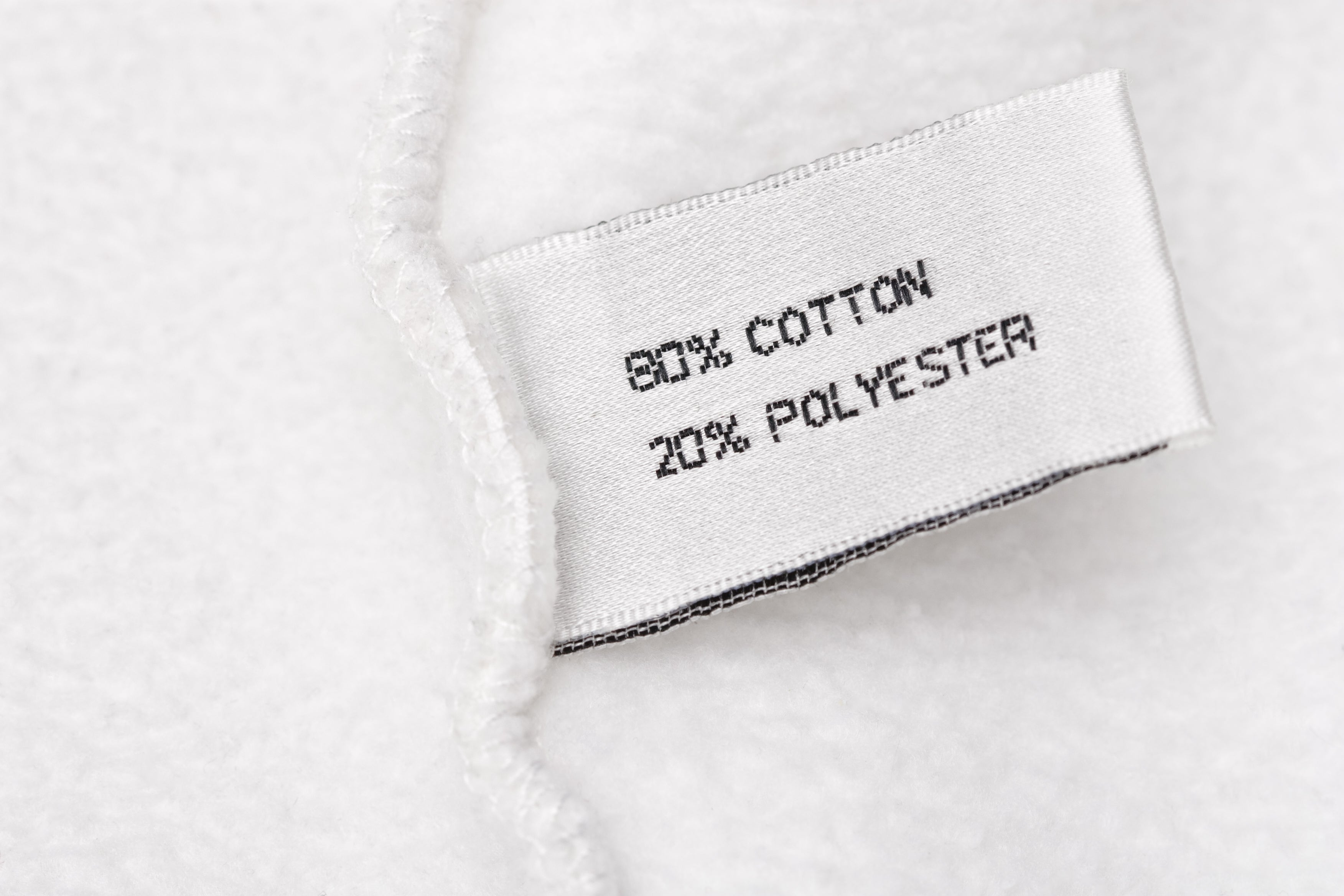
Poly-Cotton Blends
Currently, it is very difficult to recycle a garment that is a blend of cotton and polyester, as the two fibers, one synthetic, & one natural, are hard to separate and effectively recycle together, making most poly-cotton blends extremely challenging to recycle on a large scale.
The important thing is to never stop learning. We try to think deeply of each aspect of garment creation, & garment life. But if you are an expert, pioneer, or just someone who wants to contribute to this dialogue, please reach out to us.
